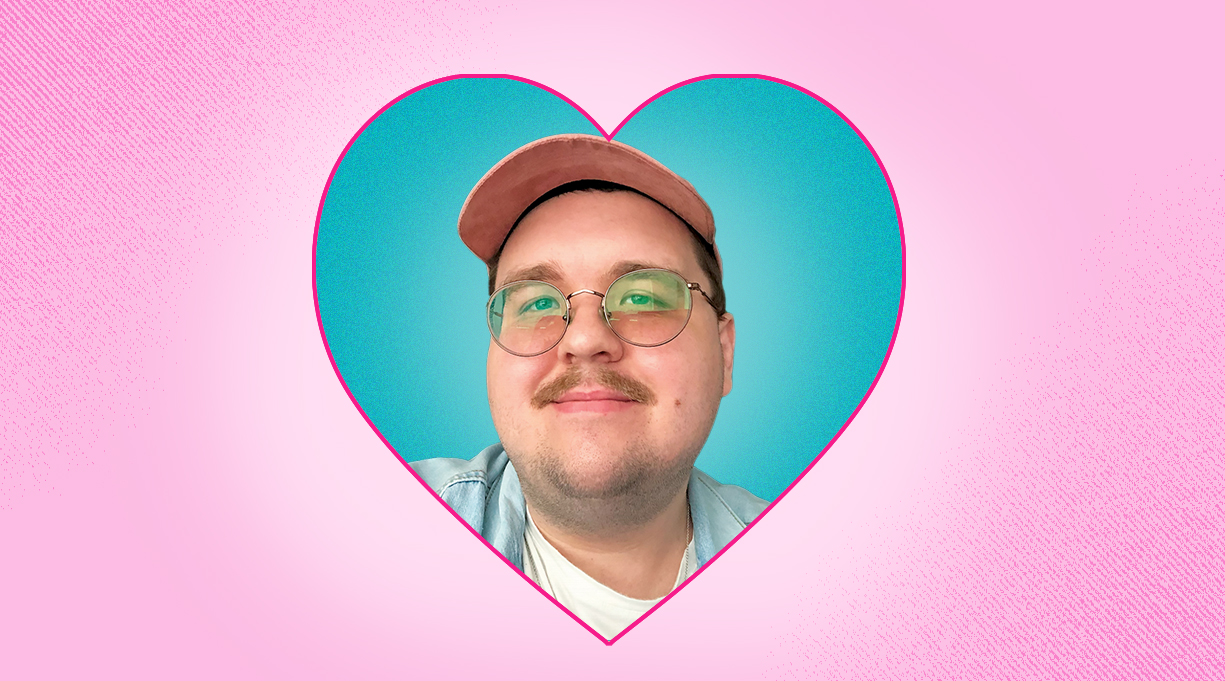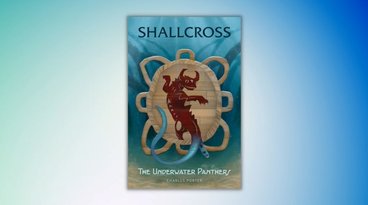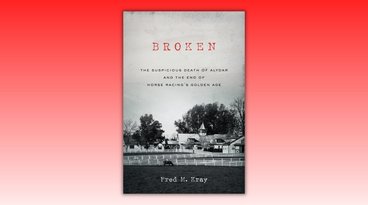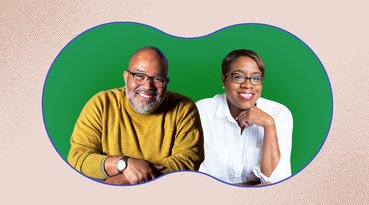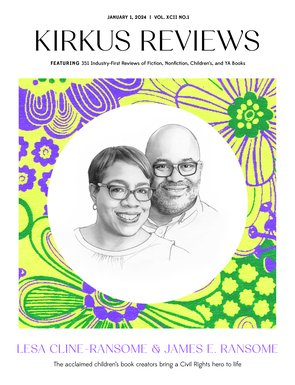For their fourth novel, Okay, Cupid (PUSH/Scholastic, Jan. 2), Mason Deaver wanted to try something different. After releasing several realistic contemporary novels for young adults, their latest is a “soft contemporary fantasy” that was years in the making. The result? A story about an agender Cupid, Jude, that Kirkus describes as “a well-crafted slow-burn romance with plenty of depth.” Jude and their fellow Cupids spend their time on Earth nudging humans toward their happily-ever-afters. But when Jude falls in love with a human boy while on assignment, they’re dispatched to help Vietnamese American teen Huy Trinh and his former best friend, Alice Tran, rekindle their romance. Along the way, they navigate high school, delicious baked goods across San Francisco neighborhoods, forbidden feelings of love, and what it means to be human. While Jude and their community of Cupids—Leah, Cal, and Richard—may know a lot about love and very little about the complicated experience of being a human teenager, the same can’t be said for Deaver, whose work deftly illustrates both. The author, who lives in San Francisco, answered our questions by email; the following exchange has been edited for length and clarity.
Your previous novels are more straightforwardly realistic. What inspired the more magical approach in this novel?
I’ve had the idea for Okay, Cupid for a few years now, and it’s always been this soft contemporary fantasy. It was a problem for me early on: I’ve just never felt that pull toward writing fantasy, and the idea of creating my own world, my own magic, my own rules, terrified me. It was only through talking to other contemporary authors who’ve done the same kind of fantasy-lite writing that I gave myself permission to be looser, to keep some of the rules secret and never reveal them to the reader. I was able to take the pressure off myself, which was so freeing.
Writing romance is kind of like playing Cupid. How did your experience as a romance writer influence the world- and character-building for the Cupids?
The Cupids love love—it’s their nature; it’s what they’re raised to do. [Their behavior] helped me to recognize the familiar tropes of the genre, those beloved rules that guide readers to exactly what they’re looking for in a story. Even tropes that don’t appear in the actual narrative get a shoutout through the stories that Jude, Leah, and Cal have to tell.
Were there any elements of Cupid lore that didn’t make the final book?
A ton. There were times early on where I tried to tie the Cupids to real-world Roman and Greek stories. I even tried to write a retelling at one point, involving a lot more magic. In one draft, each spell had a rhyming convention. But none of that fit to me, so I cut it back and decided to keep the magic much simpler, making my job that much easier and that much more fun. Not having rules, getting to hint at things I never explain, gave me a lot of room to play around.
Jude’s big human indulgence is rom-com movies, and the budding romance between Jude and Huy feels very cinematic. What’s the special sauce that makes a rom-com a classic?
I’d say sincerity. Many writers want to unpack the tropes, or they believe that they’re above them while trying to subvert them at the same time. But without taking the work to understand or appreciate the tropes, there’s no way you can unpack them in an authentic or even fun way that would make the journey enjoyable to the reader. Sincerity is amazing—it shows that you care where the genre came from, and how you can help it to move forward.
You have a really solid ear for dialogue, especially the flirting between Jude and Huy. What’s your strategy for writing good banter?
I don’t like saying that it comes naturally to me, but in a lot of ways it does. I adore writing dialogue. I love establishing the rapport between two characters, and more than that, I love flirting. There’s so much said and unsaid at the same time, the palpable tension between characters that the reader is just itching to see explode. I adore those moments, and I love getting to write them.
Even with an increase in representation of trans and gender-nonconforming characters in young adult literature, T4T [trans for trans] romances are still somewhat rare. What drove you to write about a T4T romance between an agender Cupid and a trans boy?
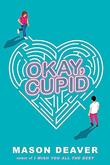 Recently, I’ve been asked a lot about trans representation and the strides we’ve made. And while I think trans authors are doing amazing work, publishing seems to still be miles behind. With my third book, The Feeling of Falling in Love, the decision to make the two leads a T4T couple didn’t come naturally. The love interest, Wyatt, came out to me slowly over the course of writing their story.
Recently, I’ve been asked a lot about trans representation and the strides we’ve made. And while I think trans authors are doing amazing work, publishing seems to still be miles behind. With my third book, The Feeling of Falling in Love, the decision to make the two leads a T4T couple didn’t come naturally. The love interest, Wyatt, came out to me slowly over the course of writing their story.
With Jude and Huy, it was intentional from the first draft. It always bothers me in fantasy when authors invent vivid worlds with different races of people, some with magic, all with different cultures, and yet they still subscribe to Western ideals of gender. While the Cupids adapt to human presentation in an effort to blend in, gender isn’t something they subscribe to. Jude’s coming out was much more about understanding how they felt and how they wanted to present rather than the reactions of the people around them. With Huy, I wanted to write about the human side of the same expectations that were placed on Jude. I wanted to give [readers] a person who could understand what Jude was going through without actually understanding their role or powers. The two of them rhyme to me, at least in that sense, and that was a part of the decision.
Both Jude and Huy are trans and out. Why is it important to you to write queer stories that aren’t just about coming out?
I don’t think the importance of the coming-out story can be overstated. As authors and readers, we should make space for all these stories. But for me, I think it’s so important to fill the shelf with stories about what life can look like after someone’s come out. We should be showing readers the highs and the lows—the excitement of discovering and reinventing yourself, the first crushes and the heartbreaks that follow, how relationships change and evolve, and what it feels like to live authentically. Coming out is a big moment, yes, but there’s so much life that follows.
Your books are fun, but they take the experiences and emotions of young people really seriously. How do you balance both the joy and the heaviness of being a young person in your writing?
I think the heaviness is a part of the fun! Being a teenager means experiencing every emotion all at once, and everything feels cranked up to 11. Writing romance means writing about emotions. It means capturing those feelings of falling in love, but it also means capturing those moments of heartbreak, yearning, understanding. It’s honestly a relief to be able to get those feelings out.
D. Arthur is a writer in Brooklyn.



